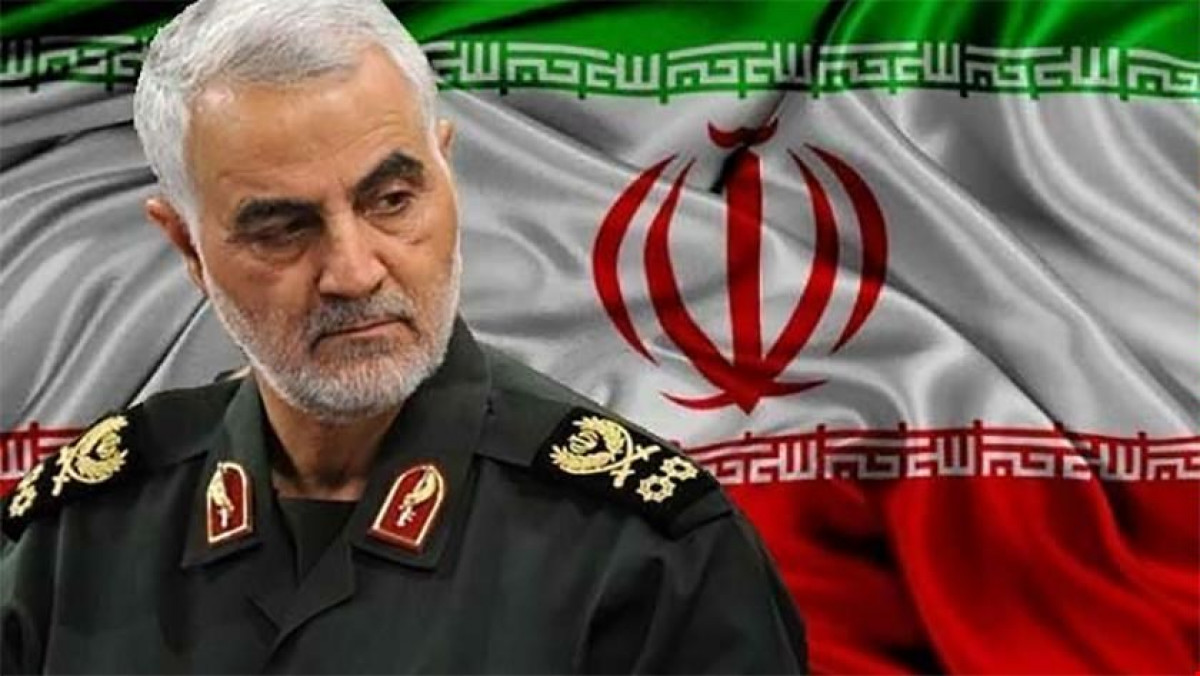 49
49
Looking at the events of the last decade in Syria and Iraq, we find that global Zionism, led by the United States, Britain and Israel has continued to incite sedition among the Muslim ummah to institutionalize divisions among Muslims. Thus, they sent fighters from more than 100 countries to these two countries.
Many political circles did not engage in religious warfare and the promotion of extremism in the Islamic Ummah by these groups. Because the fact that Baghdad and Damascus as two historical capitals of the Arab world shows that the goal of global Zionism was more than a military action against Iraq and Syria.
Damascus as the capital of the Umayyads and Baghdad as the capital of the Abbasids have long been the center power between the Arab and Islamic empires. As the two Arab powers have dealt the greatest blow by distorting the teachings of Islam, fanning the flames of war and sedition, it was introduced to Muslims that global Zionism was focused on repeating the history of that period and reviving the power of the Umayyads and the Abbasids.
In fact, by sending terrorists to Iraq and Syria, global Zionism sought to confront the Arab and Islamic powers in order to advance its medium and long-term goals with the classic British policy, "Divide and Rule".
But with the two countries' fierce fight against terrorist groups and the irreplaceable role of Gen. Qassem Soleimani, commander of the IRGC's Quds Force, this British policy failed and the conspiracy of its regional supporters was thwarted. They tried to establish large-scale psychological operations to inflict a sectarian conflict between Shiites and Sunnis in order to achieve their sinister goals.
As one of the pioneers in fighting against international terrorism, General Soleimani played a stabilizing role in maintaining the sovereignty of countries against terrorist groups and fighting extremism in the Islamic Ummah. So that global Zionism would suffer another defeat against Muslims.
Through the establishment of security in Syria
and Iraq, he prevented the Shiite-Sunni war by restoring the self-confidence of
the people and the trust toward their legitimate governments. He strengthened
the unity between Muslims and even the citizens of other religions in these two
countries. He made them renounce Zionism. And finally, the two historic Arab
capitals, Damascus and Baghdad, remained under the control of legitimate
governments
Comment
Post a comment for this article